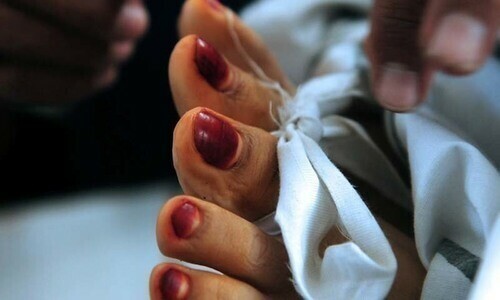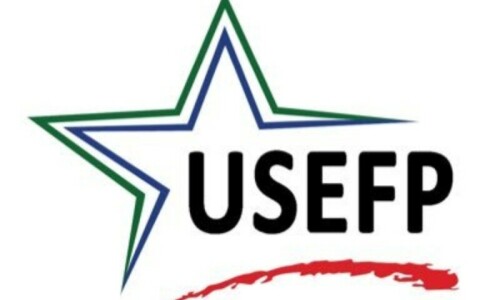ISLAMABAD: The Regional Reference Laboratory for Polio Eradication at the National Institute of Health (NIH) has confirmed the detection of wild polio virus type 1 (WPV1) in environmental samples collected from 10 already infected districts.
According to a lab official, sewage samples collected from Gwadar, Sibi, Khuzdar, Dukki, Hub, Lasbela, Noshki, Bannu, D.I. Khan and Lahore were found positive for WPV1.
“When polio virus is found in the sewage sample of a district, it is said environmental sample has been found positive and district is declared as an infected district. When a child is infected, it is declared as positive polio case,” the official said.
“This year, 64 polio cases have been reported in the country. The resurgence of polio virus has put children nationwide at serious risk from a disease that can leave them paralysed for life,” he said.
Published in Dawn, December 23rd, 2024













































